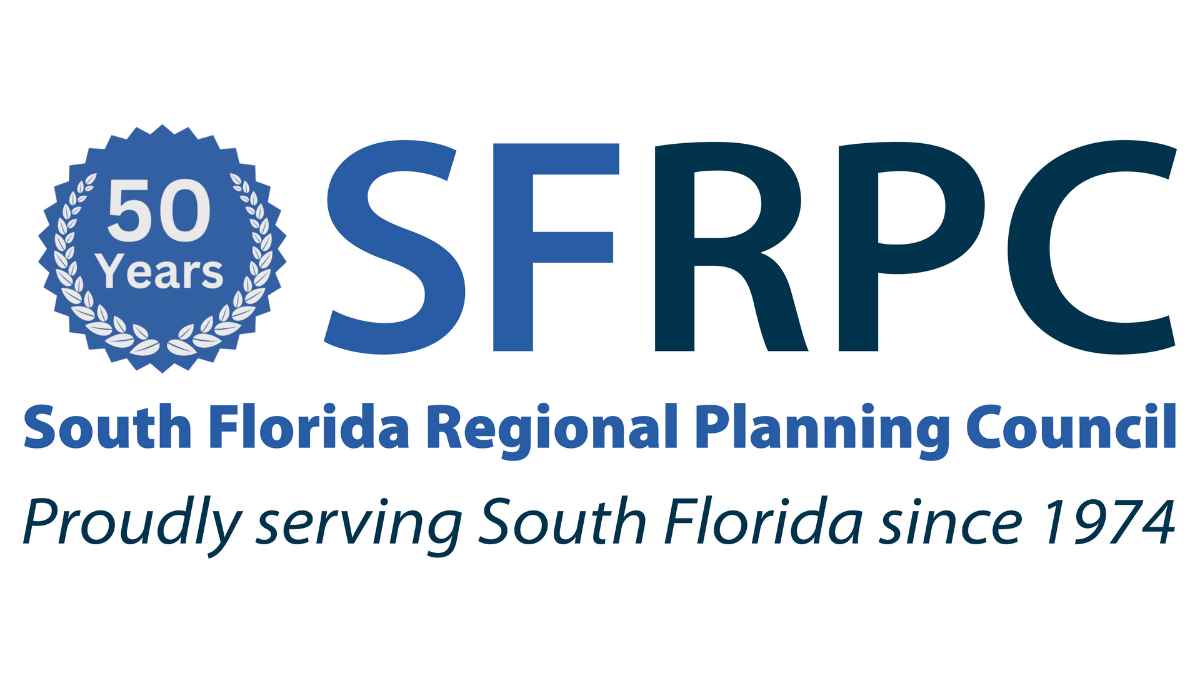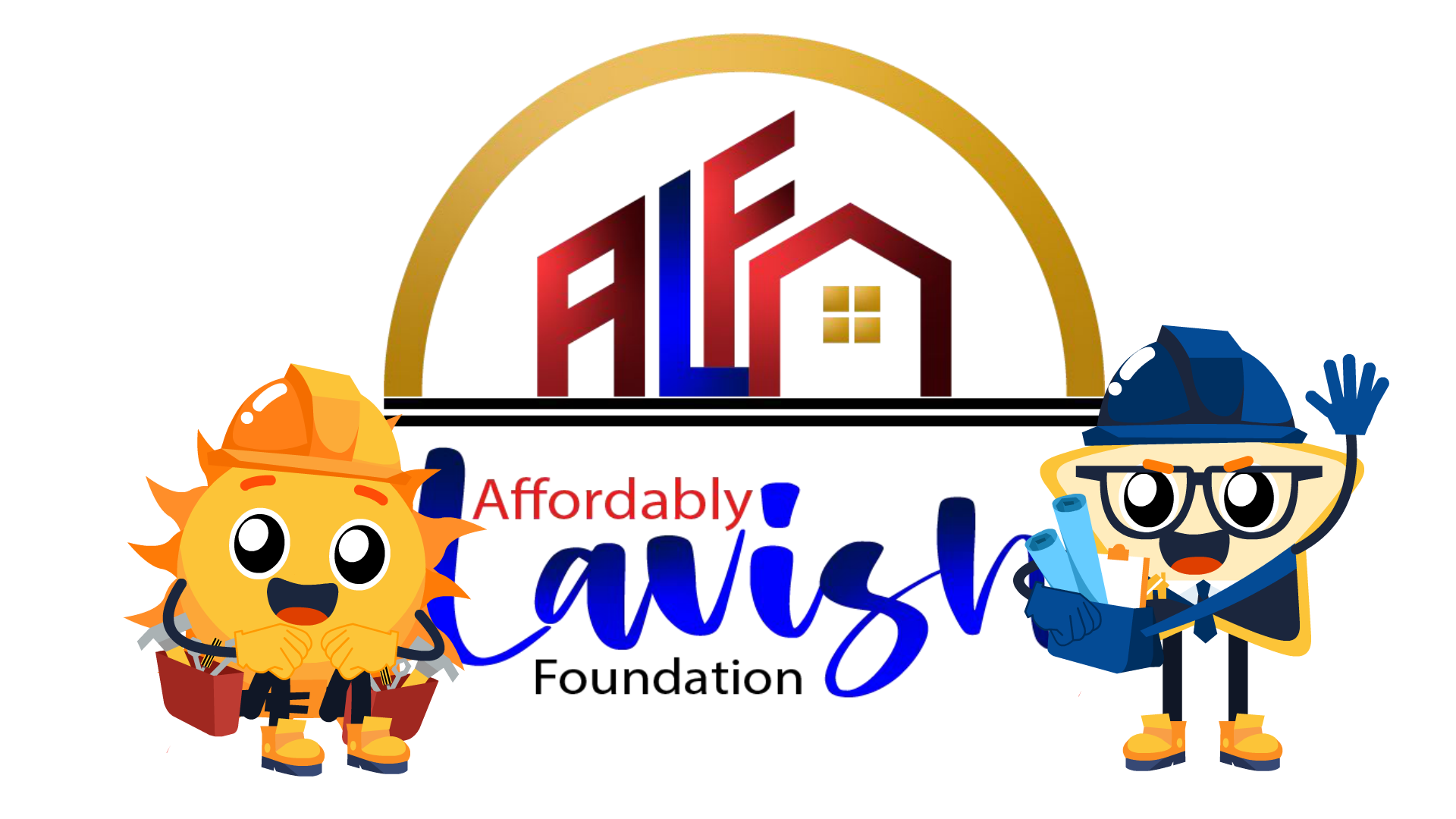Providing Affordable Housing with a Lavish Design
We are a Florida Company
Build to Budget — Designed to Impress
We are builder-developers focused on creating beautiful, attainable homes and delivering high-quality construction services across Florida. Our name, Affordably Lavish, represents our signature approach—building to budget while delivering stylish and thoughtfully designed spaces that feel lavish without the luxury price tag.
Whether we’re developing our own communities, building for other owners and developers, or transforming commercial and residential spaces, our mission remains the same: to provide exceptional design, strong craftsmanship, and budget-conscious solutions that uplift families and communities.
OUR PHILOSOPHY
Lavish in design - Affordable in execution
We combine innovative construction practices, modern aesthetics, and cost-conscious planning to deliver projects that look luxurious without exceeding financial limits. Our teams use trending design principles, smart technologies, and energy-efficient systems to build homes and spaces that are both lavish and sustainable.
WHY CHOOSE AFFORDABLY LAVISH?
At Affordably Lavish Foundation, we bring the unique advantage of being both developer and builder, giving us a complete 360° understanding of the entire project lifecycle. We know what it’s like to be on both sides of the table—planning, designing, budgeting, building, and delivering. That experience translates into a smoother, more efficient, and more thoughtful process for every client.
BUILD TO BUDGET
Testimonials
This new construction is quite impressive, offering buyers the opportunity. There are numerous options available to accommodate clients with varying income levels. We highly recommend this property.
Yocary Y Sierra
a month ago
What Affordably Lavish Does and offers is very special, getting people who dream of homeownership but think it's out of reach for them into brand new homes. It doesn't get any better
Debi Cordato
a month ago
If you want home that reflects your style and your budget, these homes are win. Affordably Lavish truly delivers on quality, care and choice.
Jane Snell - Simpson
a month ago













